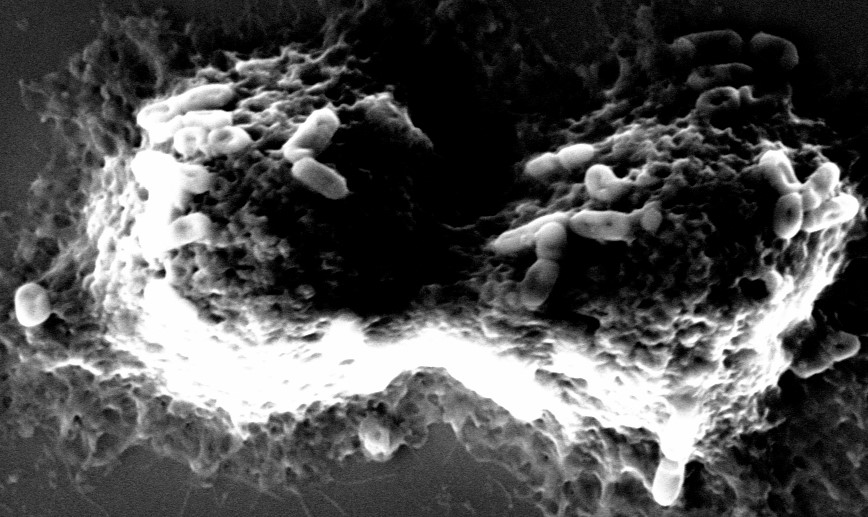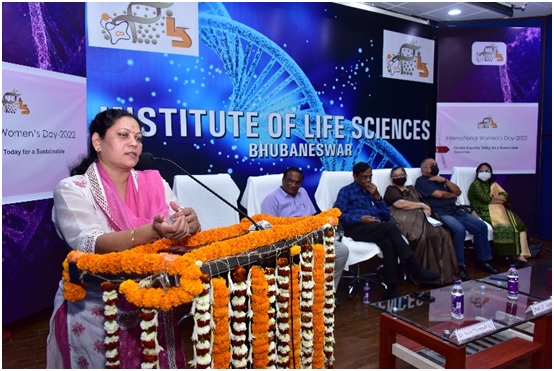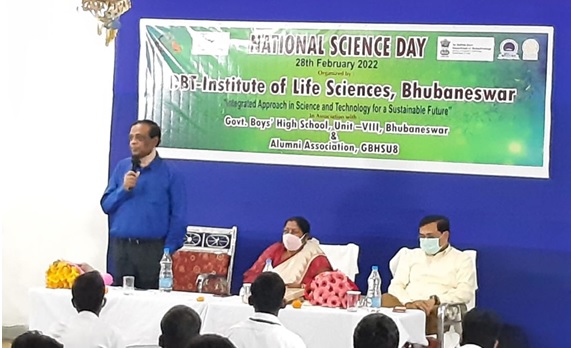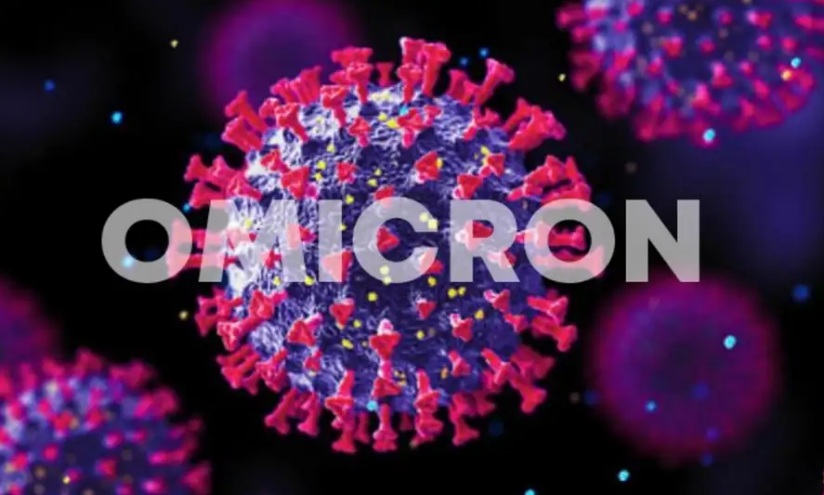The Institute of Life Sciences, Bhubaneswar, a centre of eminence in biotechnology research has put forward a novel research initiative in addressing health, nutrition and well-being of tribal communities of Odisha. Around three years back, under the leadership of former director of ILS, late Dr. Ajay Parida, the Department of Biotechnology, Govt. of India supported the ILS-flagship program on tribal health and nutrition.
Under this program multiple scientists of ILS are supervising different aspects of studies that could improve the health and wellbeing of Odisha’s tribes. In one of its studies, the ILS team planned to explore the use of beneficial microorganisms to improve the health status of these people.
Probiotics are good microbes that provide health benefits to humans and animals when taken live in adequate amounts. These helpful organisms are known to be useful in the prevention and control of multiple health associated problems like diarrhoea, obesity and many immunological disorders. Realizing the unique food habits, culture and ecosystems of tribes of Odisha, the scientists of ILS planned to isolate and characterize potential probiotics.
In this regard, Dr. Shantibhusan Senapaiti’s group from ILS has isolated multiple probiotics and characterized those. Recently, the group has published the whole genome sequence and other probiotic properties of one of the helpful bacteria and the work has been published in the “World journal of microbiology and biotechnology”, a reputed international journal in this field. Dr. Jayalaxmi Dash and Ms. Manisha Sethi, the lead authors of this publication have mentioned that for three more probiotics the whole genome sequencing has already been completed and the sequences have been submitted to the NCBI database.
Dr. Pulok Kumar Mukherjee, the Director of ILS and the principal investigator of the ILS-flagship project has expressed his immense happiness on this achievement and mentioned to extend this effort in a more elaborate manner to develop functional foods by using these probiotics in future. As the origins of these probiotics are from the Odisha tribes, Dr. Senapati expects that the health promoting effects of these organisms will be more beneficial to the tribal people of Odisha and help in improving the overall health status in future. This is an encouraging initiative and a bold stride towards the development of population specific probiotics intervention.







